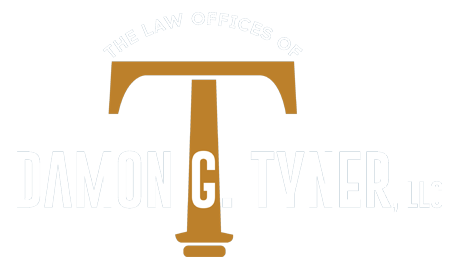Our readers in the Atlantic City area who are getting invested in a real estate transaction are probably devoting quite a bit of their resources to the deal, whether it is for a residential or a commercial property.
For those on the residential side of things, buying or selling a home can be one of the most significant financial transactions they will ever be a part of. For those on the commercial side, a real estate transaction can make or break their profitability and future plans.
It is important to consider all factors that might impact such a deal.
Zoning is one area that might play a role significant role in any given real estate transaction. But, how will you know whether or not zoning will impact your real estate transaction?
A thorough review of the zoning designation of the real estate that is the subject of your deal is crucial, so that you will know exactly how a landowner can use the land.
Zoning basics
Many of our readers may know some of the basic concepts involved in zoning. For example, most people probably know of zoning areas such as “residential,” “commercial,” “industrial” or “mixed use.”
There are quite a few to know, but just because the real estate in question is in one zone or another doesn’t mean that all other uses are prohibited. Sometimes a variance is allowed, which permits certain uses that otherwise would not be allowed in a certain zone.
Non-conforming uses are also sometimes permitted. This term often refers to situations in which a previous use of the land or real estate is allowed to continue even though it would no longer be allowed in a certain zoning designation.
When you are involved in a real estate transaction, you need reliable information. The deal needs to succeed and navigating zoning issues can be tricky. Get the best information you can about the transaction and the particular real estate that is involved in the deal.

